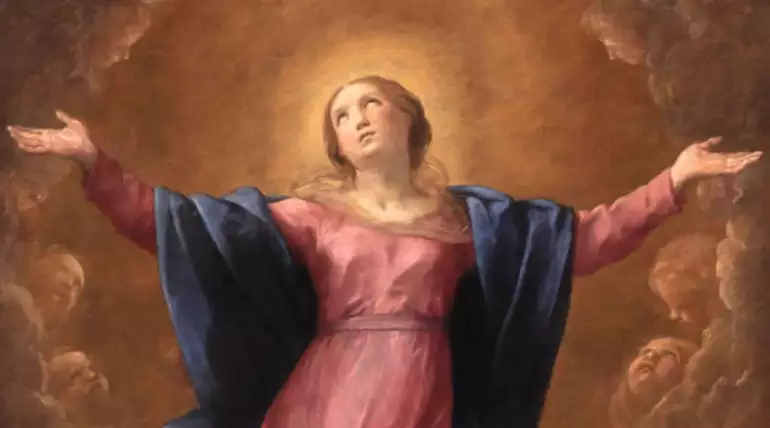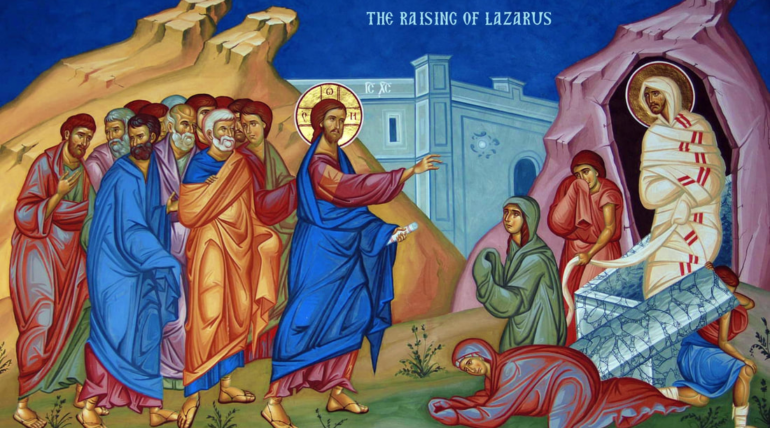Palm Sunday A
We will hear two gospels today. The first and shorter one tells of Jesus’ entry into Jerusalem and the other tells the story of his passion and death. Jesus and his disciples entered the city from the Mount of Olives on the east. A pilgrim would come to Jerusalem on foot, but Jesus entered mounted as a king messiah, and the people seeing the symbolism got excited. He didn’t come as a conquering military power like Pontius Pilate. Pilate entered on a war horse from the opposite direction, the west, with an imperial cavalry of soldiers to maintain order during the sometimes troubling high holy days. Jesus, instead, is surrounded by peasants proclaiming the kingdom of God, a challenge to the power of the Roman Empire.
The other gospel recounts the passion and death of Jesus where the crowd that once had cheered him on now screamed “Crucify him!” That’s the way a crowd often behaves. “Who do people say I am?” he once asked. How could this crowd know who he was? They didn’t know who they themselves were. A crowd are not a community; they have no lasting purpose. They hardly even know one another; but somehow they are able to energise one another for the worse. At his birth the angels sang “Peace on earth!” Here he is, near the end of his life, at the mercy of a mindless mob screaming for his blood. His life has been called ‘the greatest story ever told.’ It is not only the story of Jesus; it is the story of the world. The two together form a single story.
Historian John J. Pilch writes: “While the gospels report seemingly shameful events like betrayal, false witnesses, kangaroo courts, bullyism, and the like, a more careful reading shows that Jesus is master of his fate throughout the story.” Cultural World of Jesus, 3/64. Jesus ‘took it on the chin’ as they say; he was the one who was really in charge. Betrayal and rejection was possibly the worst internal pain he endured. Jesus had called Judas to be part of his intimate circle of trusted friends. And Judas accepted the invitation. They shared the love of friendship. They broke bread. They shared the vision of God’s kingdom and prayed together. Within hours of Judas’ betrayal Peter, Jesus trusted commander in chief, would deny ever knowing him.
Jesus allowed himself to be powerless during his passion. The word ‘passion’ (from the same root as ‘passive’) means total openness to whatever comes. Catherine Chapman OP, writing in a recent Richard Rohr column, said: “Admitting our powerlessness frees us to allow the One who is Power to become active in our lives…. We don’t allow the situation to determine our thoughts and actions.” This is where Jesus was. We would do well this weekend to ponder in prayer Paul’s words to the Philippians, “Though he was in the form of God, Jesus did not count equality with God a thing to be grasped. He emptied himself, taking the form of a servant being born in the likeness of men…. He humbled himself and became obedient unto death even death on a cross. Therefore God has highly exalted him….” (Phil 2:6-11).
Fr QQ – 03/29/2023




